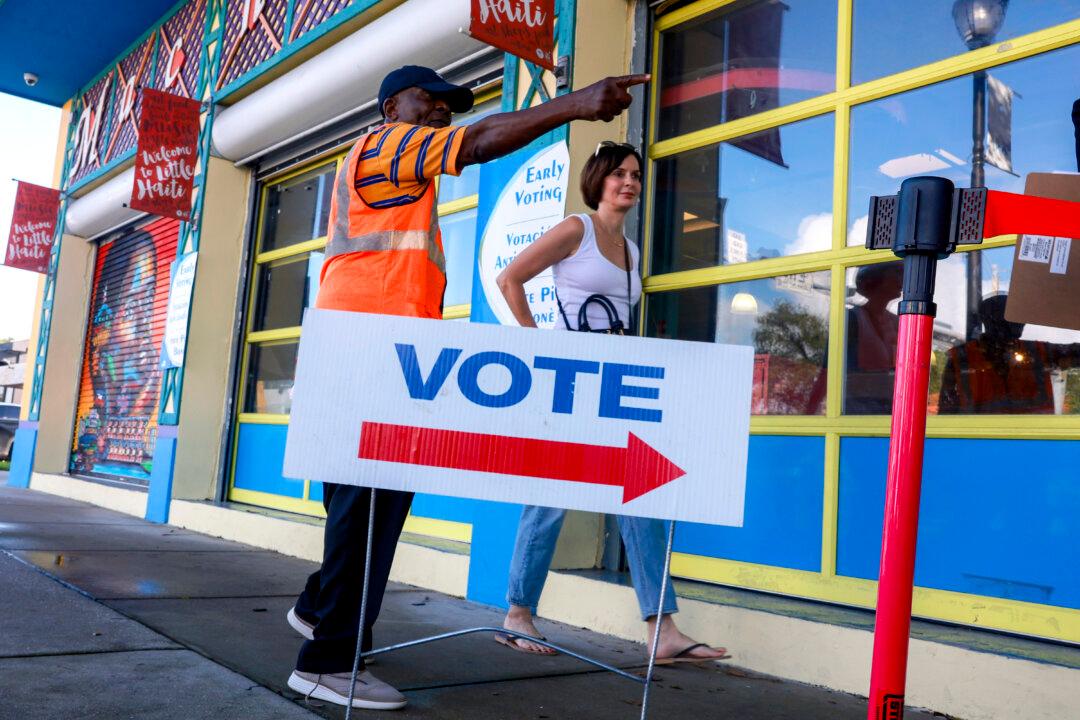TAMPA—Floridians will be joining voters from nine other states to decide if deregulated abortion access should be enshrined in their state constitution this election. Voters in seven other states have already said yes.
Amendment 4, known as the “Amendment to Limit Government Interference with Abortion,” the ballot initiative has been touted as either an act of liberation or a measure based on disinformation, depending on which side is describing it.





